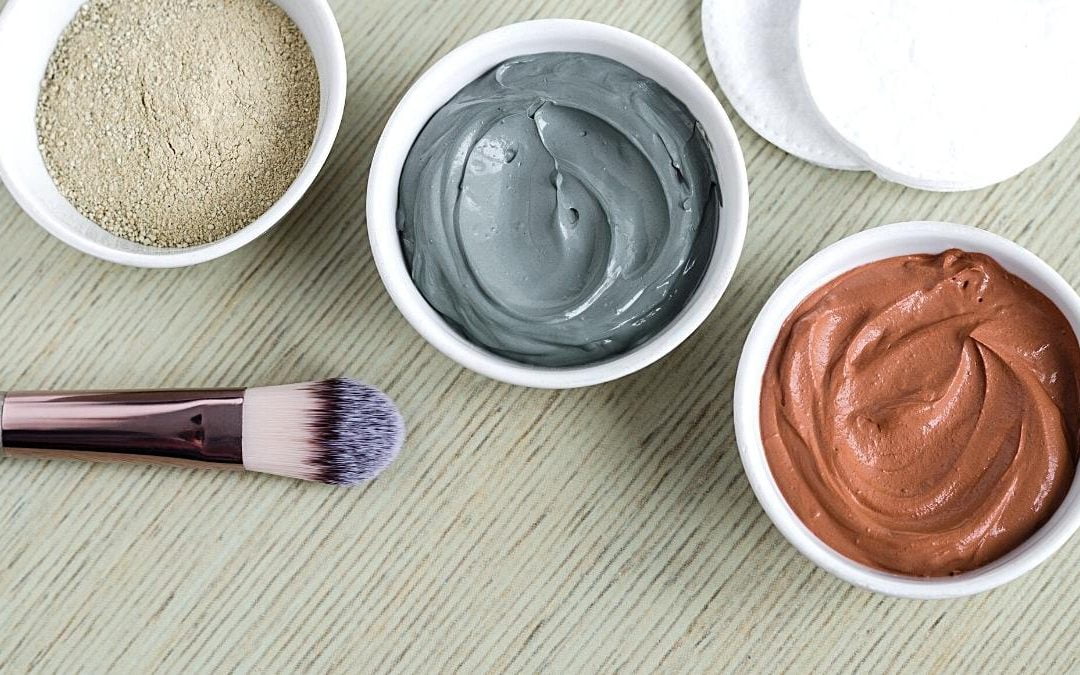Kaolin, or China clay, is a mineral used for various industries from rubber, paper, ceramic, and many others. It also comes with different variations; each has properties and uses, one of which is hydrous kaolin.
Compared to another type of kaolin, hydrous kaolin has finer particle size. It has a plate-like or lamellar particle shape and chemical inertness. Hydrous kaolin is versatile as it can be used for various purposes, including coatings, rubber, inks, adhesives, plastics, and sealants.
Properties of Hydrous Kaolin
In various industries, hydrous kaolin is often used as coatings since it can offer a glossy effect. This material often comes in different particle size grades, morphologies, and brightness. Therefore, finding the most suitable hydrous kaolin for your project will be easy.
This kaolin has a much finer particle size of around 200nm, which helps prevent optical crowding. This fine particle is also why hydrous kaolin is perfect for gloss or semi-gloss coatings. When used in clear coat varnishes, it can help improve scuff and mar resistance due to its high burnish resistance.
This kaolin type is easy to disperse and handle. Another thing to consider is how it has low abrasion on equipment, making it perfect for coating, both for aqueous and non-aqueous.
The Use of Hydrous Kaolin in Glossy and Semi Gloss Coatings
Hydrous kaolin comes in different grades, and the finest grades are usually used for architectural and industrial coatings. The finest grade often has excellent gloss maintenance, especially when compared to the lower grade one. This kaolin is often used to extend titanium dioxide to create a glossy coating.
Titanium dioxide extenders in coatings are used to increase solids loading and reduce costs. Kaolin that is added to the titanium extender provides several benefits. Some include excellent opacity retention, high gloss levels, and potentially extending the resin with great gloss levels.
A titanium dioxide extender with hydrous kaolin is also used to improve the efficiency of colored pigments. This way, you can reduce the cost of expensive pigments and improve formulation efficiency.
In non-aqueous gloss and semi-gloss coatings, the extender is used to reduce costs and increase solids loading while simultaneously providing coating benefits, such as gloss control, adhesion to the substrate, ease of maintenance, as well as resistance to humidity and corrosion.
In addition to paints and coatings, both aqueous and non-aqueous, hydrous kaolin is also used for different applications. Some include graphic arts, thermosets (GRP, SMC, BMC, pultrusion), rubbers, adhesives, and sealants.
Benefits of Hydrous Kaolin
As a mixture to formulate titanium dioxide extension, hydrous kaolin offers various benefits as follows:
- It makes an effective extension for titanium dioxide as well as other color pigments
- Have high brightness, which affects the brightness level of the glossy or semi-glossy coatings
- Offers gloss and semi-gloss options due to different particle sizes available
- It is also low dusting and easy to handle. These properties make hydrous kaolin also perfect for spray-dried grades products.
- The narrow particle size distribution means that this material is also easy to disperse.
How to Create Titanium Dioxide Extension with Kaolin
The right formulation for glossy coatings can be different from one another. However, it would be best if you constantly changed titanium dioxide on a volume basis because the densities are different. For example, you can substitute 10 kg of titanium dioxide with about 6.6 kg of kaolin.
For gloss or semi-gloss coatings, you must remember that higher titanium dioxide content will need higher replacement. In formulating gloss coatings, usually, you will need to replace up to 10% of the titanium dioxide on a volume basis. The maximum weight of kaolin for the mix is usually around 20 percent.
Meanwhile, you will usually need calcined kaolin more for flat and low sheen paints. However, hydrous kaolin is sometimes added with a maximum weight of kaolin used up to 20 percent.
Hydrous kaolin has plenty of benefits and advantages that make it perfect for various industrial uses. However, you will need to be careful when mixing them to produce a perfect mix for your desired coating finish.


Recent Comments